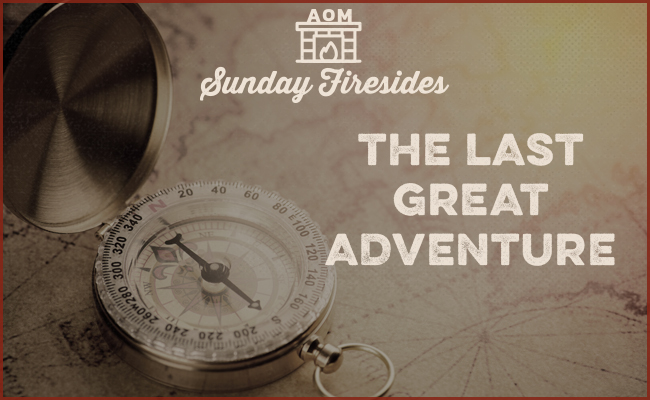Just thirty years ago, the only photos you’d have seen of travel destinations were in pamphlets or books checked out from the library. Without the aid of review sites, you were never entirely sure what kind of hotel you’d booked or what kind of experience you’d have at a restaurant.
Just a hundred years ago, there still remained a few “firsts†for the most daring of explorers to discover. First time charting an Amazonian river. First time reaching the South Pole.
Today, you can use Google Maps to view a destination before you ever set foot there. TripAdvisor will tell you exactly what to expect from your lodgings.
Almost no “firsts†remain to be conquered. Would-be explorers have instead taken to modifying already-trod trails: first to paddle a river in record time, or reach a Pole unassisted.
Certainly, there remains plenty of interest to be found in travel, and finding new variations of old explorations is still more admirable than staying at home. But what Jack London called “the true spirit of romance and adventure†has largely expired.
Except, that is, in one area: the quest for a meaningful life.
While this exploration doesn’t traverse physical frontiers, it’s truly a journey. One in which the landscape to be encountered is unknown. There are risks in taking a wrong turn, but GPS cannot rescue you if you get lost. Answers to questions like “Who am I?†“Why am I here?†and “What is the good life?†cannot be Googled. In our atomistic society, there aren’t even any clear sign posts pointing the way.
No one has ever taken the exact trail you’ll forge; no one has ever set foot in the peaks and valleys you’ll traverse.
He who unfurls the map of meaning, who plots a course towards significance, embarks on the world’s last great adventure.



